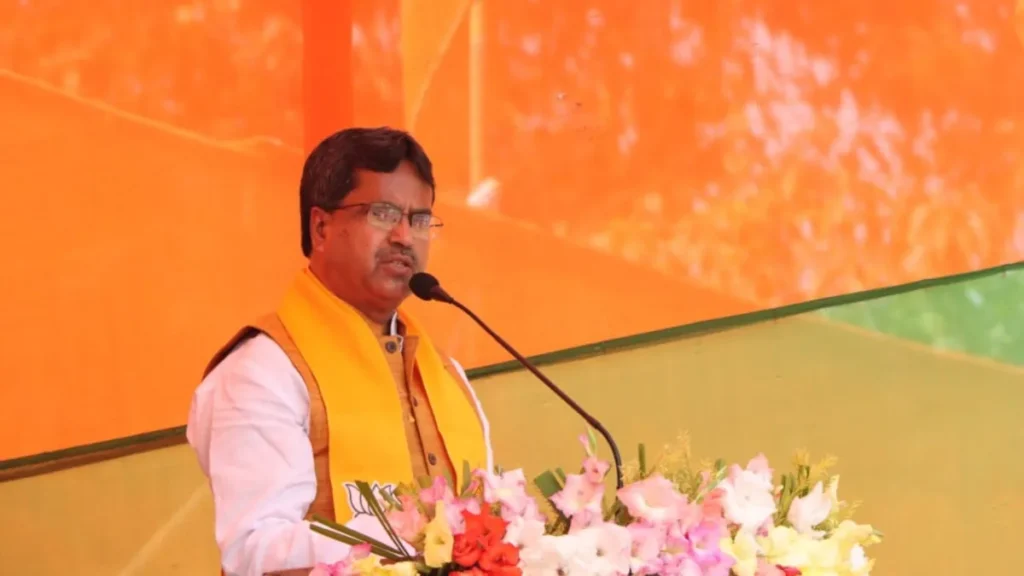Tripura Chief Minister Manik Saha recently emphasized the crucial role India plays in improving the situation in Bangladesh. He made these remarks during a public address, highlighting the interlinked nature of the two nations’ destinies. Saha noted that both countries share a rich history, cultural ties, and economic interdependence, making India’s influence essential for the progress of Bangladesh.
Saha pointed out that India and Bangladesh have a long-standing relationship that has seen its fair share of challenges and triumphs. He underscored the importance of cooperative initiatives, stating that both nations need to work closely to address common issues. By fostering a collaborative spirit, they can work towards economic growth, social stability, and peace in the region. The Chief Minister expressed his belief that as India progresses, it can offer vital support to its neighbors, including Bangladesh.
Saha also discussed the importance of bilateral trade and economic ties between India and Bangladesh. He emphasized that enhancing trade relations would not only benefit both economies but also contribute to regional stability. The Chief Minister mentioned ongoing projects aimed at improving infrastructure and connectivity between the two nations, which can significantly boost trade and cultural exchanges. Improved road and rail networks, along with enhanced border security measures, will facilitate smoother movement of goods and people, creating a more prosperous environment for both countries.
The Chief Minister highlighted the historical context of India-Bangladesh relations, referencing the liberation struggle of Bangladesh and India’s pivotal role in it. He acknowledged that the shared sacrifices of the people during that time have laid a strong foundation for mutual respect and collaboration. He urged the need to remember this history as both countries move forward together.
Saha also touched on the challenges faced by Bangladesh, including socio-economic issues, political instability, and environmental concerns. He pointed out that without India’s support, addressing these challenges would be significantly more difficult. He called for a united front, suggesting that both governments could collaborate on initiatives aimed at tackling these pressing issues effectively.
Moreover, the Chief Minister mentioned the potential of cultural diplomacy in strengthening India-Bangladesh relations. He emphasized the importance of cultural exchanges, arts, and education in fostering understanding and goodwill between the two nations. He noted that sharing cultural experiences can pave the way for deeper connections and solidarity among the people of both countries. By promoting tourism and cultural events, India and Bangladesh can enhance people-to-people connections, leading to a more harmonious relationship.
Saha also called for greater cooperation in areas such as technology, healthcare, and education. He stated that knowledge-sharing and collaboration in these sectors could lead to significant advancements for both nations. For instance, joint initiatives in research and development can yield innovative solutions to common problems, benefiting not only India and Bangladesh but also the wider region.
The Chief Minister’s remarks come at a time when India is taking significant steps to strengthen its ties with Bangladesh. Recent high-level meetings between the two governments have resulted in agreements aimed at enhancing trade, security, and cultural ties. Saha expressed optimism about the future of India-Bangladesh relations, suggesting that a strong partnership would lead to shared prosperity and stability.
Saha concluded his address by reiterating the importance of unity and collaboration between India and Bangladesh. He encouraged citizens to foster goodwill and understanding, emphasizing that a collective effort would be essential in navigating the complexities of regional dynamics. He urged everyone to look beyond differences and work towards a common goal of peace and progress.


